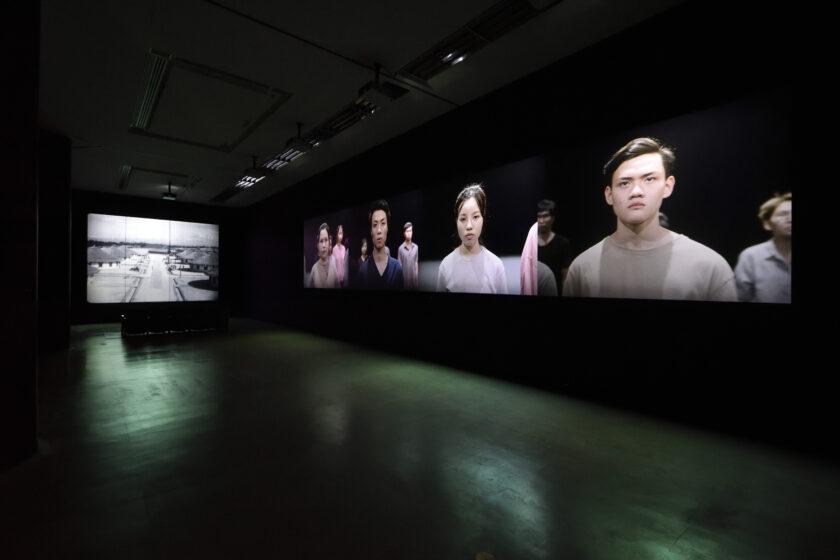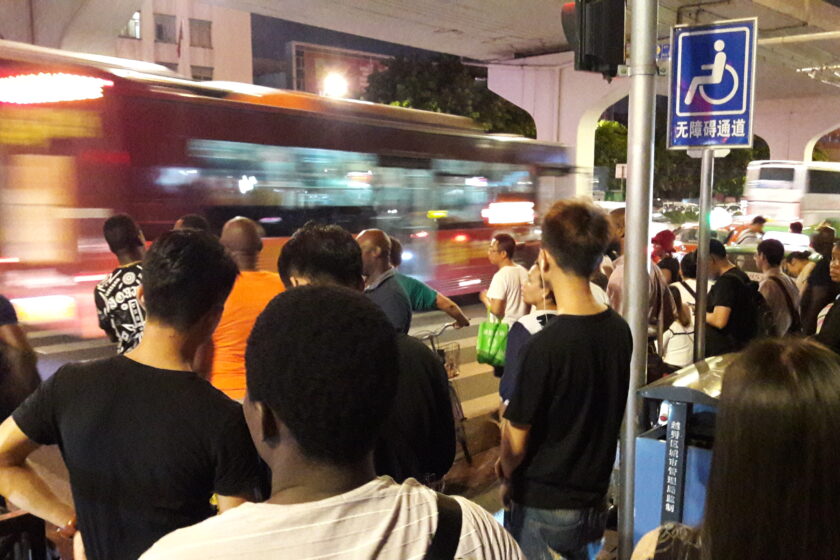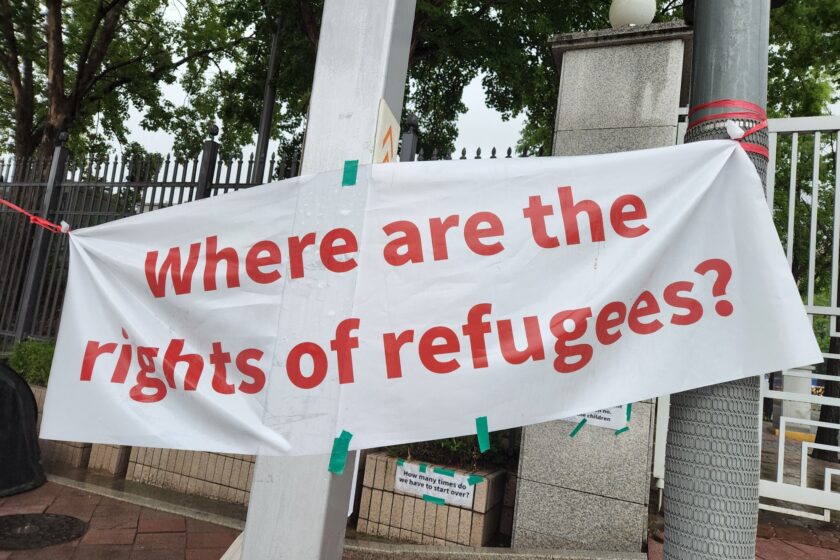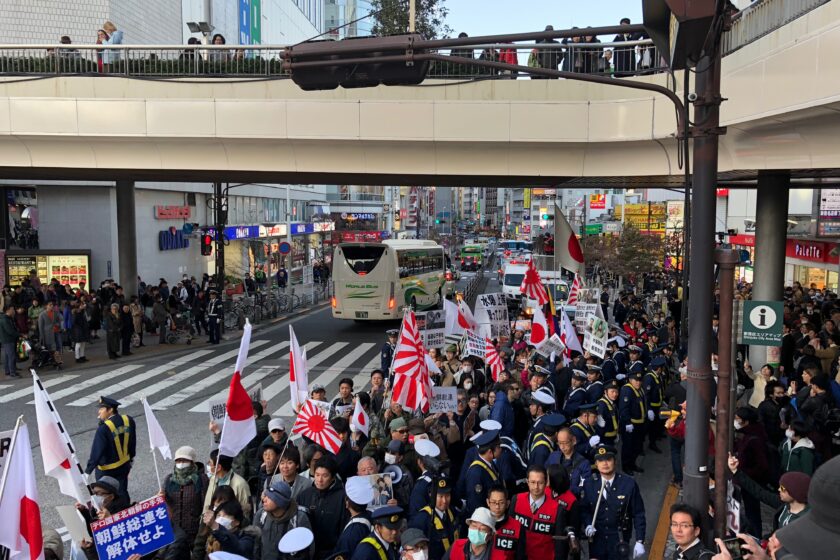
It is still widely believed that race and racism are not relevant to East Asia because of its perceived ethnic homogeneity. Yet race-based or ethnocentric violence—both physical and symbolic—are not only part of the social fabric in contemporary East Asia, but also rooted in the region’s modern history. On the other hand, complex issues of local politics and discrimination across East Asia are often flattened out in the eyes of Euro-American observers, who try to make sense of the local ethnoracial politics according to the Western racial hierarchy. Thus, the East Asia Regional Section aims to tackle this difficult question: How do we talk about race in the first place, when race is not considered a significant part of East Asian cultures?
Addressing this question at their cores, essays in the East Asian Regional Section collectively explore translatability of race and racism as they grapple with the historical particularity of Japan, Korea, and China, which has produced a wide range of ethnonationalist issues since the early twentieth century.
While the terms “race” and “racism” were initially a Western import to East Asia, homegrown ethnocentrism and colorisms (cognizant of the fact that “colorism” has developed in more than a single form and logic across different cultures and regions) have both complicated as well as intersected with the Westerncentric global racial hierarchy. On the one hand, the modern political turmoil, ideological conflicts, and economic restructuring in the region including Japanese colonialism, the Cold War, diasporas, and postcolonial nationalism, have shaped the regional ethno-racial politics distinct from Euro-American racism and anti-Blackness.
This urgently calls for a need to theorize the knowledge production of race and ethnicity in East Asia, which decenters the extant Western-centric scholarship on the constructions of race and racism. On the other hand, more and more emerging contemporary transnational issues across East Asia such as Islamophobia, anti- refugee sentiment, cultural appropriation of Blackness, and violence against migrants, especially from the Global South, also necessitate a dialogue between local anti-racist discourses and global initiatives to combat racism.














